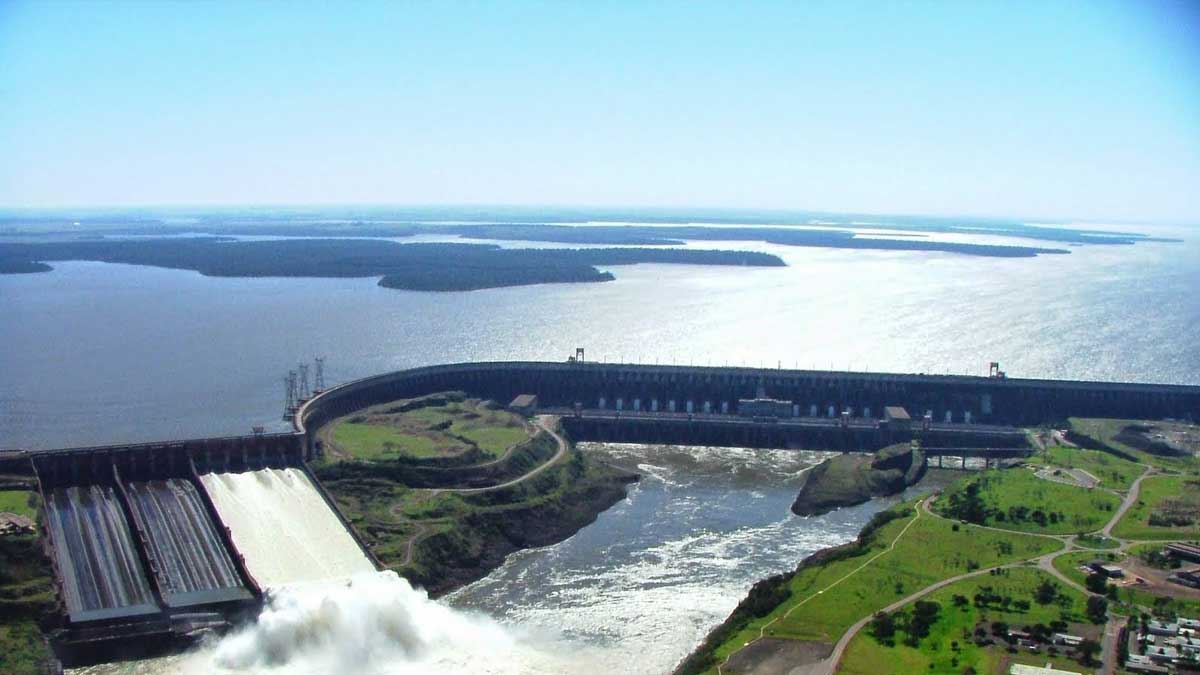The Chitral valley has the potential of making 4,300 megawatts of cheap hydel power, stated Special Assistant to Chief Minister on Energy and Power, Taj Mohammad Khan Tarand.
While presiding over a briefing on progress over FWO implemented projects in Chitral, he said that currently, the provincial government in association with the Frontier Works Organization (FWO) is working on three hydel projects of 506 megawatts.
The minister was accompanied by Secretary Energy & Power Syed Imtiaz Hussain Shah, Chief Executive Officer (CEO) Pakhtunkhwa Energy Development Organization (PEDO) Engineer Naeem Khan, and others.
Read more: Govt eyes 70% electricity generation from renewable sources by 2030
Project Director FWO, Brig (Retd) Tariq Mahmood, Briefing the Special Assistant, said that the organization was presently working on three hydel power projects consisting of 144 MW Shashgai Zandoli, 137 MW Shogosain, and 230 MW Laspur Marigram in Chitral.
During the meeting, projects’ feasibility studies, production licenses, and land acquisition-related issues were discussed. On the behalf of the provincial government, the special assistant guaranteed full collaboration to FWO authorities with regard to these projects.
He said that the accomplishment of these projects will aid to earn billions of rupees in receipts for the province. The Secretary of Energy & Power, Syed Imtiaz Hussain Shah said that the energy potential of Chitral could be utilized for cheap electricity.
Meanwhile, the hybrid Economic Coordination Committee (ECC) of the cabinet has taken a decision to cancel the import of 2.1 million tons of wheat and permitted recovery of almost Rs 17 billion from electricity customers during the period when the country had been hit hard by Covid-19.
An announcement made by the economic affairs ministry after the ECC meeting said, “The ECC recommended the summary tabled by the Ministry of National Food Security and Research recommending that keeping in view the sufficient current public stock position of wheat flour, demand and supply situation, international wheat prices and local releases to flour mills, there is no need for further import of wheat at this point in time.”





















